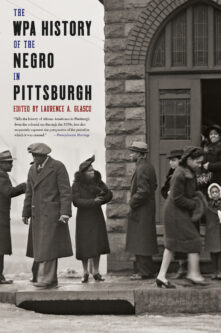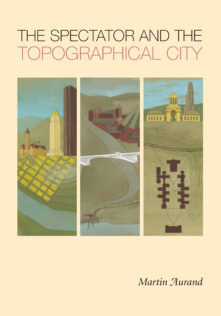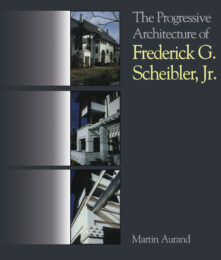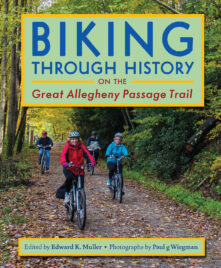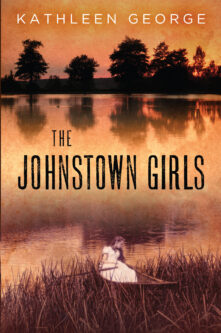Books
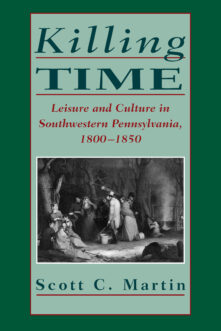
Killing Time
Leisure and Culture in Southwestern Pennsylvania, 1800–1850
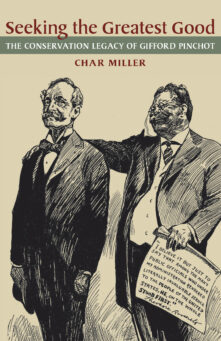
Seeking the Greatest Good
The Conservation Legacy of Gifford Pinchot
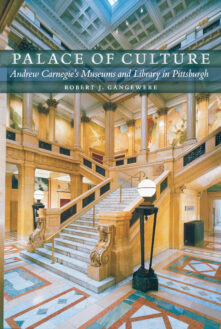
Palace of Culture
Andrew Carnegie's Museums and Library in Pittsburgh
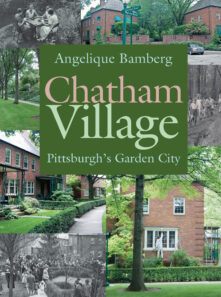
Chatham Village
Pittsburgh's Garden City
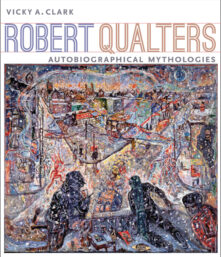
Robert Qualters
Autobiographical Mythologies
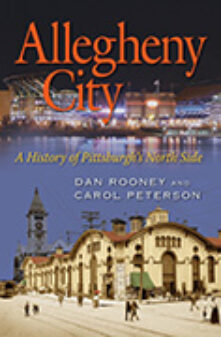
Allegheny City
A History of Pittsburgh's North Side
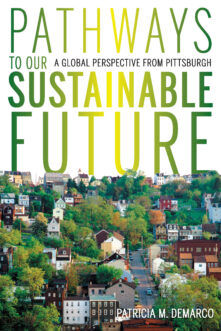
Pathways to Our Sustainable Future
A Global Perspective from Pittsburgh
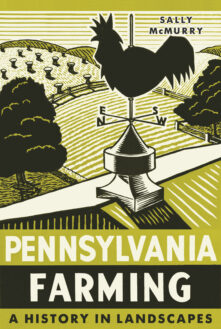
Pennsylvania Farming
A History in Landscapes
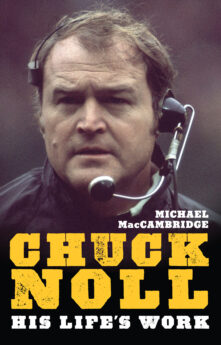
Chuck Noll
His Life's Work
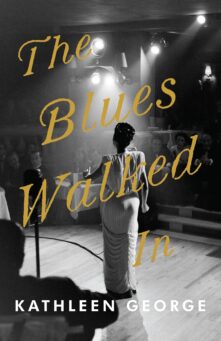
Blues Walked In, The
A Novel
Total 111 results found.


